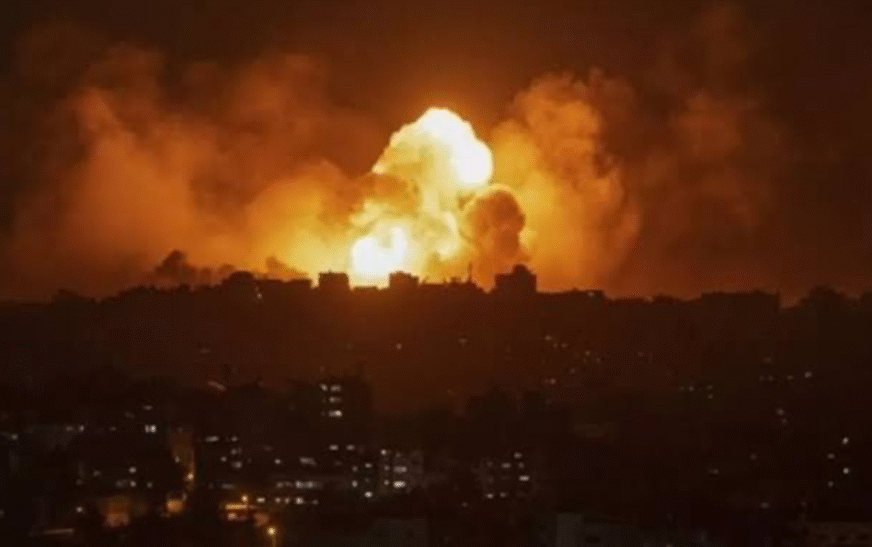The Government of Uganda is devising measures to evacuate Ugandan nationals caught in the ongoing conflict between Israel and Iran, according to Vincent Bagire, Permanent Secretary at the Ministry of Foreign Affairs.
Tensions between Israel and Iran escalated dramatically on June 13, 2025, with both countries exchanging military strikes. The United States, under President Donald Trump, is reportedly considering whether to support Israel’s attacks on Iranian nuclear facilities.
The conflict was sparked by Israeli strikes on nuclear and military sites in Iran, prompting retaliatory aerial attacks from Iran targeting Israeli territory. According to Iran’s Health Ministry, more than 220 people have been killed by Israeli airstrikes. Israel, on the other hand, reports that 24 of its citizens have died in Iranian attacks.
Israel views Iran as an existential threat and has repeatedly accused Tehran of harboring genocidal intentions. Conversely, Iran has accused Israel of perpetrating genocide in Gaza. As a result, Israel has pushed for international sanctions and military action to prevent Iran from acquiring nuclear weapons.
Speaking to reporters, Bagire said, “The team here at headquarters, along with our staff in Turkey, is actively preparing for any eventualities. While air tickets have not yet been booked, a plan is in place.”
He added, “These are Ugandans in distress, and the government will take responsibility to ensure they are funded and evacuated. We cannot just leave them stranded in Turkey without a proper plan to bring them home.”
Bagire noted that a group of approximately 48 Ugandan students is currently near the Iran-Turkey border. “Two of our diplomats who traveled earlier are on-site to receive them. However, some students have chosen to stay behind, and we’ve faced significant transportation challenges,” he said.
The current hostilities are part of the long-running Iran–Israel proxy conflict, which has played out across the Middle East through support for opposing groups and military action.
Iran has backed Lebanese Shia militias, particularly Hezbollah, as well as Palestinian factions like Hamas and Islamic Jihad. Israel, in turn, has supported Iranian opposition groups such as the People’s Mujahedin of Iran, conducted airstrikes on Iranian positions in Syria, and allegedly carried out assassinations of Iranian nuclear scientists.
While Iran and Israel once maintained cordial relations—especially during the era of Imperial Iran under the “periphery doctrine” that united non-Arab states against Arab powers—relations soured following Iran’s 1979 Islamic Revolution. Despite the official break in ties, some covert communication reportedly continued during the Iran–Iraq War.
Iran’s support for Hezbollah intensified after Israel’s 1982 invasion of Lebanon, and the group became a central player in resisting Israeli occupation of southern Lebanon. Iran has also consistently supported Palestinian causes, seeking to build alliances in the predominantly Sunni Arab world.
Israel has fought numerous wars with Hezbollah and Palestinian groups, including in Gaza (2008–09, 2012, 2014, 2021, and since 2023) and with Hezbollah in the 2006 Lebanon War. These have been among the most deadly episodes in the broader Arab–Israeli conflict.
While Iran has at times backed both one-state and two-state solutions to the Israeli-Palestinian conflict, it has also used hostile rhetoric, predicting the downfall of Israel. Analysts believe Iran’s support for Palestinian causes serves both ideological and geopolitical purposes—aimed at building influence across the Middle East.





















